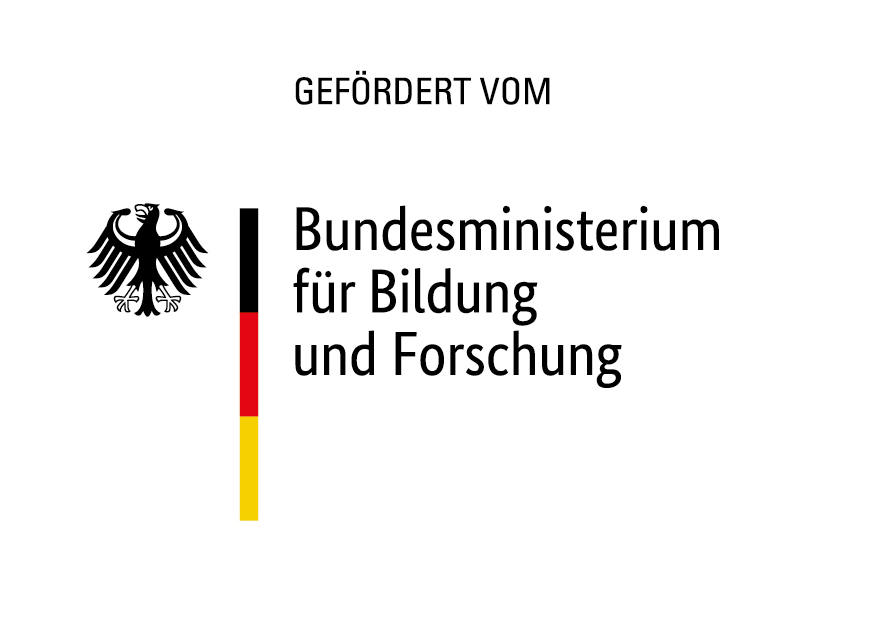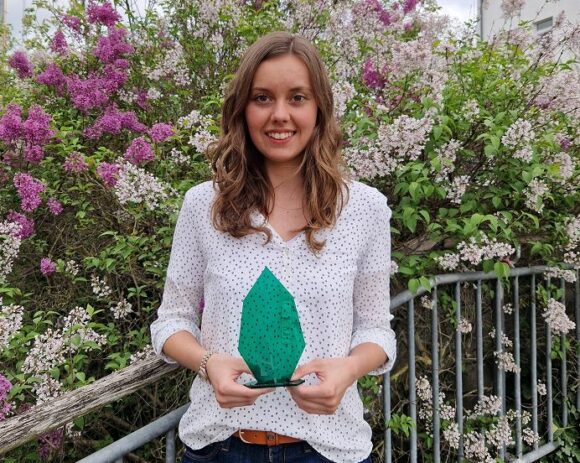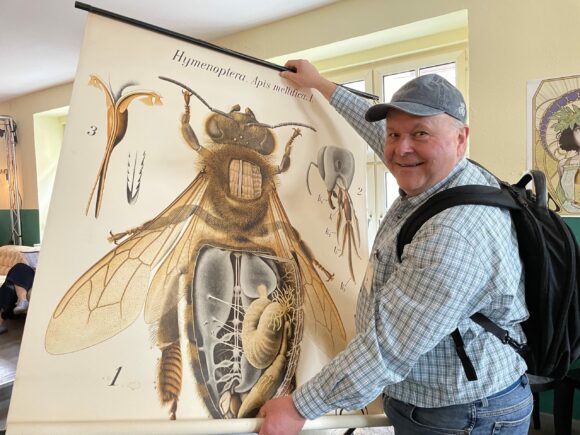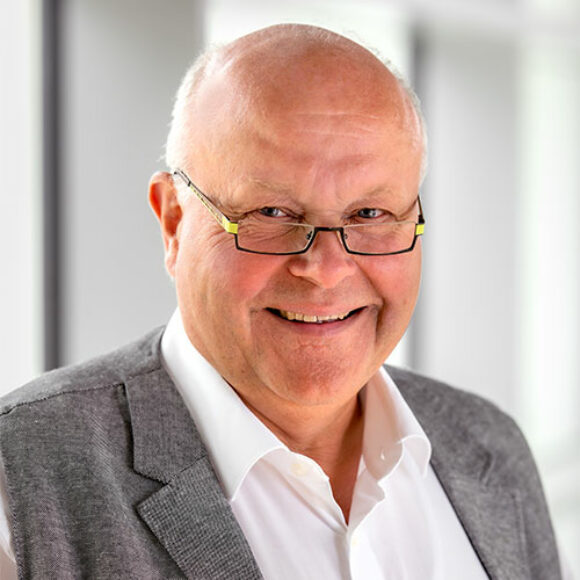The first of a total of 15 citizen research projects funded by the German Federal Ministry of Education and Research (BMBF) for a period of up to four years had already started in mid-January. One of them is a project at Hof University of Applied Sciences, which focuses on research into rare diseases. In citizen research projects, citizens themselves become researchers by contributing their experiential knowledge. It is precisely for this purpose that Hof University of Applied Sciences is now looking for people affected by rare diseases or their relatives.
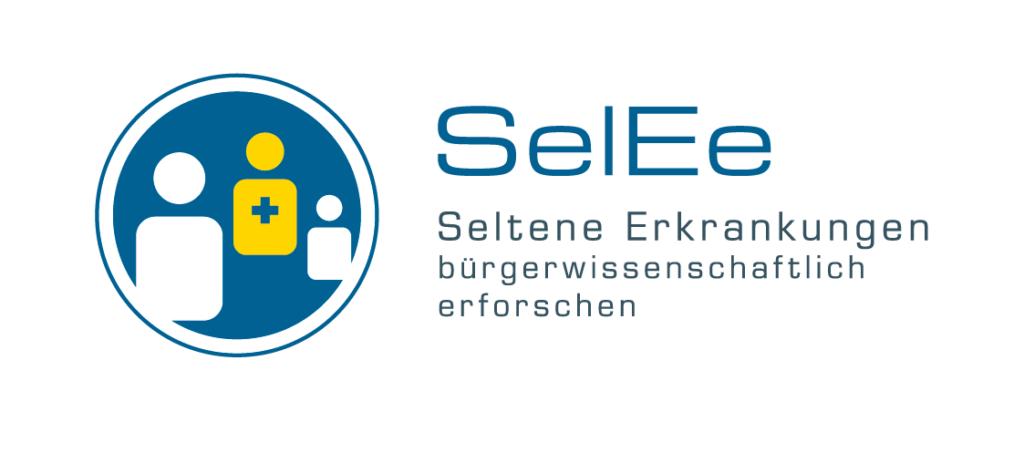
The citizen research project “SelEe – Seltene Erkrankungen bürgerwissenschaftlich erforschen!” (SelEe – research rare diseases through citizen science!) is being conducted by Professors Dr. Beatrix Weber and Dr. Jörg Scheidt at the Institute for Information Systems at Hof University of Applied Sciences (iisys). With their research, they want to gain new insights in the field of rare diseases – for example, about the prevalence of the diseases or about the extent to which symptoms differ in different population groups. These questions are to be answered together with a consortium of citizens, researchers from Hof University of Applied Sciences and the Medical Informatics Group of Frankfurt University Hospital, for which participants are now being sought.
Which diseases are rare?
“In Europe, a disease is considered rare if it affects no more than 5 in 10,000 people. Of these, there are about 8000 different diseases that affect about 4 million people in Germany alone. Most of them are of genetic origin,” explains Prof. Dr. Jörg Scheidt. And he continues: “In their search for a diagnosis, those affected often experience a ‘doctor’s odyssey’, as specialists and specialized facilities for these diseases are rare. The subject is also difficult to access for scientists due to these characteristics
The consequence is that those affected often become specialists for their respective diseases themselves. That’s why we want to involve them directly, so that as many affected people as possible can benefit directly from the experience and contribute their knowledge.”
Prof. Dr. Jörg Scheidt
Improving quality of care through exchange of experience
The project aims to gain knowledge about rare diseases on the basis of a digital platform. Participants can also make their own demands on the research project, develop solutions and help shape the emerging platform
For example, it is planned to create digital and anonymized diaries about the respective symptom course and thus identify commonalities of rare diseases. This can contribute to improving the quality of care in the field of rare diseases.”
Prof. Dr. Beatrix Weber
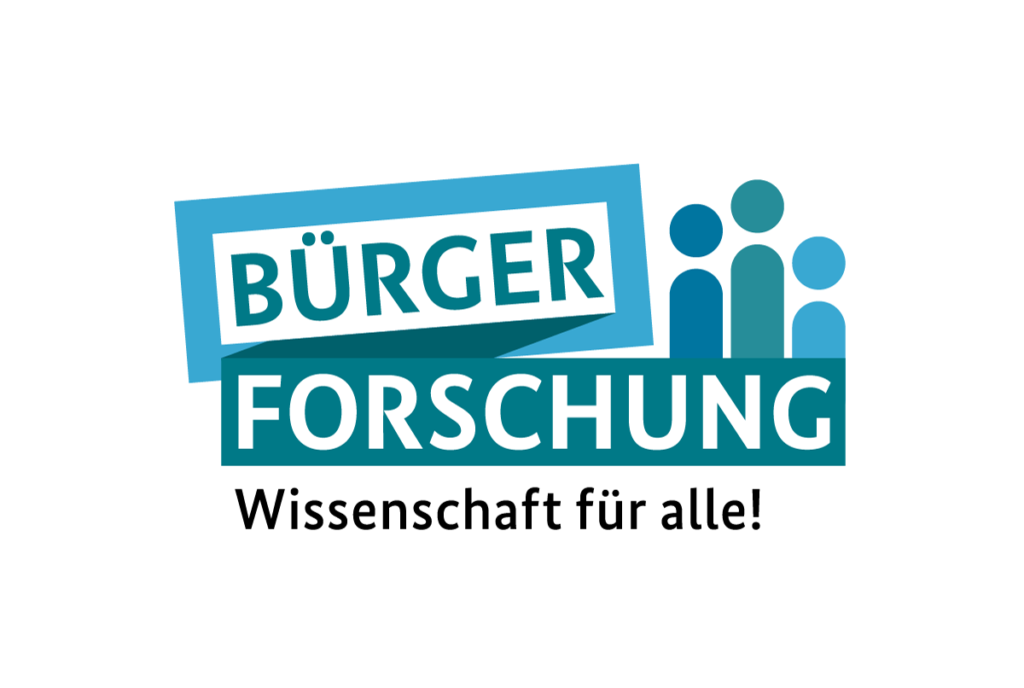
Participation in the project
“Participation in this project does not require any prior knowledge. Anyone can participate in all phases of the project, from the definition of the objectives to the evaluation anddiscussion of
the data and findings obtained,” explains project member Michael Steglich. Participants are offered active participation in workshops to define the research objectives and methodology, co-design of the digital SelEe platform and any connected apps, as well as the collection of data and an evaluation of the data obtained via the new SelEe platform
“Those who decide to participate can help ensure that the right questions are asked about disease groups, the answers to which and the methodology used will create lasting value for those affected and for the research field. Previous citizen science projects in the medical field have already demonstrated the value of participation by affected individuals and their families. In the field of cystic fibrosis, for example, possible improvements in the care of those affected were investigated. Something similar can also succeed here,” concludes Prof. Dr. Jörg Scheidt. The project is supported by the Alliance of Chronic Rare Diseases (ACHSE e.V.). First results are expected in the third year of research.
Those who would like to participate in the project can find a corresponding application form here…
Contact at
:Prof. Dr. Jörg Scheidt
Phone: +49 (0) 9281 / 409 4640
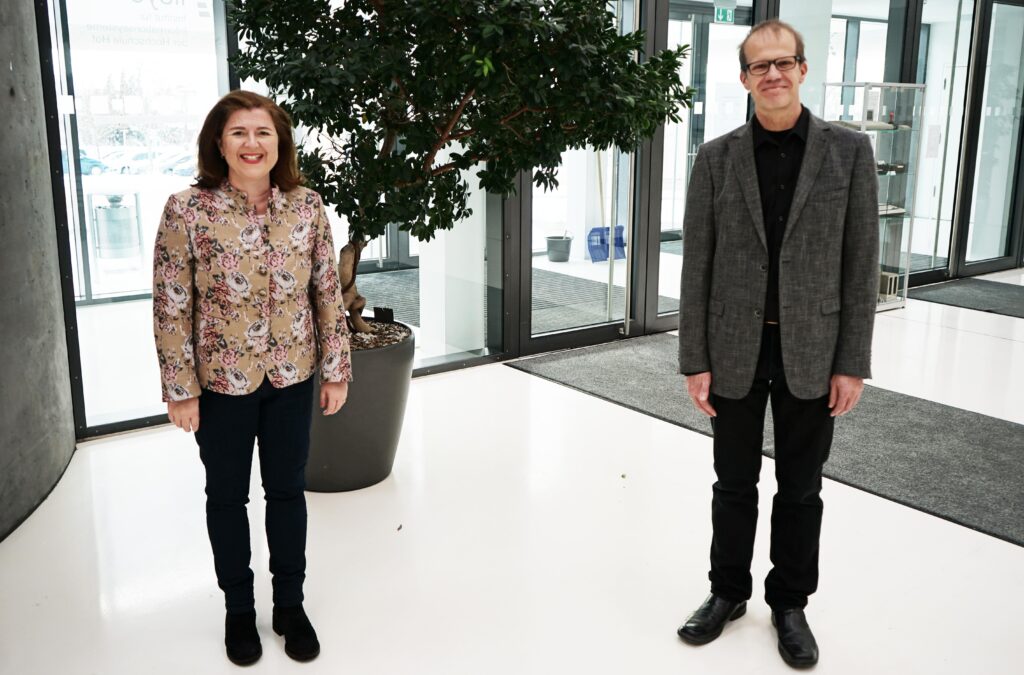
Background:
The project runs from April 2021 to March 2024 and is funded by the German Federal Ministry of Education and Research as part of the Citizen Research funding area. It is one of 15 projects that are to advance the collaboration of citizens and scientists in terms of content and methodology and provide answers to societal challenges by the end of 2024.
www.bmbf.de
https://www.bmbf.de/de/wissenschaftskommunikation-und-buergerbeteiligung-12531.html
https://www.buergerschaffenwissen.de
